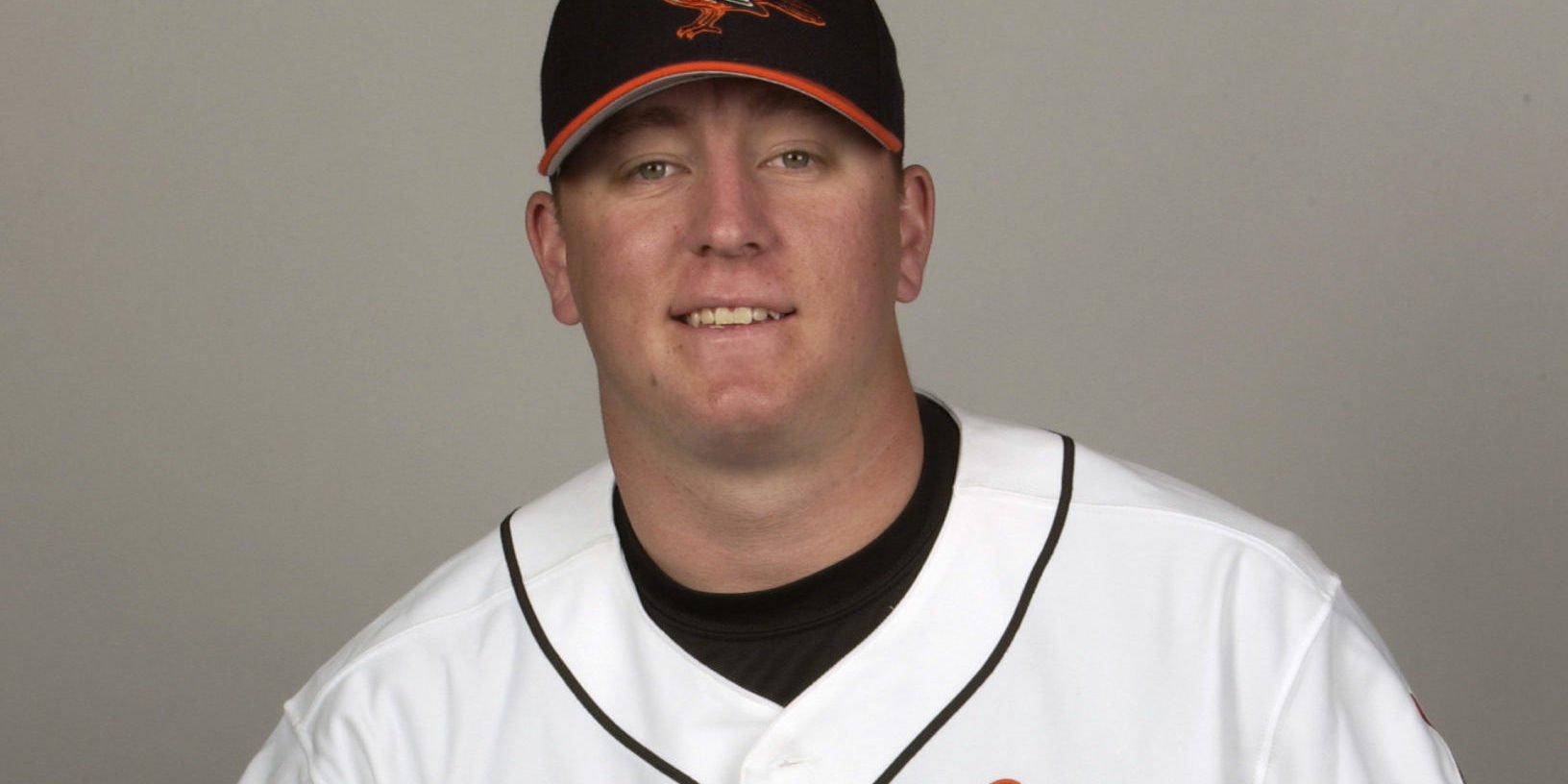Introduction
On February 16, 2003, a shadow fell over the world of baseball when Steve Bechler, a 23-year-old pitcher for the Baltimore Orioles, collapsed during a spring training workout at Fort Lauderdale Stadium. Tragically, Bechler passed away the following day, leaving behind a mourning sports community and sparking a nationwide debate about the use of dietary supplements in professional sports. The subsequent autopsy, conducted by Dr. Joshua Perper, the Broward County medical examiner, revealed that ephedra, a controversial dietary supplement, played a significant role in Bechler’s untimely demise.
Ephedra’s Impact on Bechler’s Death
Dr. Perper, while presenting the toxicology report, underscored that ephedra was a substantial contributing factor to Bechler’s death due to heatstroke. He also emphasized that while it was challenging to precisely quantify the exact contribution of each factor to the tragedy, the presence of ephedra in Bechler’s system could not be ignored.
Ephedra, a natural stimulant derived from the Chinese herb Ma Huang, had already raised concerns in the world of sports due to its potential risks. Bechler’s case brought renewed attention to the dangers associated with this supplement.
Major League Baseball’s Response
Following the autopsy results, Major League Baseball (MLB) acted swiftly to advocate for a ban on ephedra. The league issued a statement expressing its unwavering commitment to exploring all available avenues to regulate this substance and other nutritional supplements more appropriately. MLB also expressed its willingness to engage in discussions with the players’ association regarding the issues raised by Bechler’s tragic death.
However, the players’ union did not immediately embrace MLB’s stance. Donald Fehr, the union’s executive director, communicated the medical examiner’s findings to major league players through a memorandum. He reminded them of the union’s prior warnings about products containing ephedra and urged players to avoid such supplements pending the results of ongoing federal scrutiny.
Dr. Perper’s Position
Dr. Perper, who had expressed his belief in ephedra’s role immediately after the autopsy, reiterated his call for ephedra products to be removed from over-the-counter status. He argued that Bechler’s death served as a wake-up call for governmental agencies and legislators at all levels, highlighting the question of whether the drug is safe enough to remain readily available without prescription.
Comparing the situation to Denmark, where herbal products containing ephedra require a prescription, Dr. Perper emphasized that the warnings on ephedra product labels were often too small and frequently disregarded. He stressed that professional athletes, who already take significant risks in their careers, should not have to gamble with their health.
Industry’s Response
The manufacturer of Xenadrine RFA-1, Cytodyne Technologies, challenged Dr. Perper’s conclusions. Shane Freedman, the legal officer for Cytodyne Technologies, argued that the presence of ephedra in Bechler’s system did not necessarily mean that ephedra was the cause of his death. Freedman contended that Bechler’s demise was attributed to heatstroke.
The Complex Factors
Dr. Perper’s investigation revealed a complex web of factors contributing to Bechler’s death. Bechler, who struggled with his weight, had been using Xenadrine RFA-1, taking three tablets each morning, whereas the manufacturer recommended two in the morning and two in the afternoon. The toxicology analysis uncovered significant amounts of ephedrine in Bechler’s system, consistent with the intake of three tablets of Xenadrine.
Moreover, Bechler had pre-existing conditions, including abnormal liver functions and mild hypertension, which may have exacerbated his vulnerability. His weight gain over the years and the lack of acclimatization to Florida’s warm climate further compounded the risks.
Conclusion
Steve Bechler’s tragic death was a sobering reminder of the potential hazards associated with dietary supplements like ephedra in professional sports. While the debate about the regulation of such substances continues, it is essential to remember that Bechler’s case was not defined by a single factor but rather a constellation of risks that tragically converged on that fateful day in February 2003. His legacy serves as a call for increased vigilance and safety measures in the world of sports.








